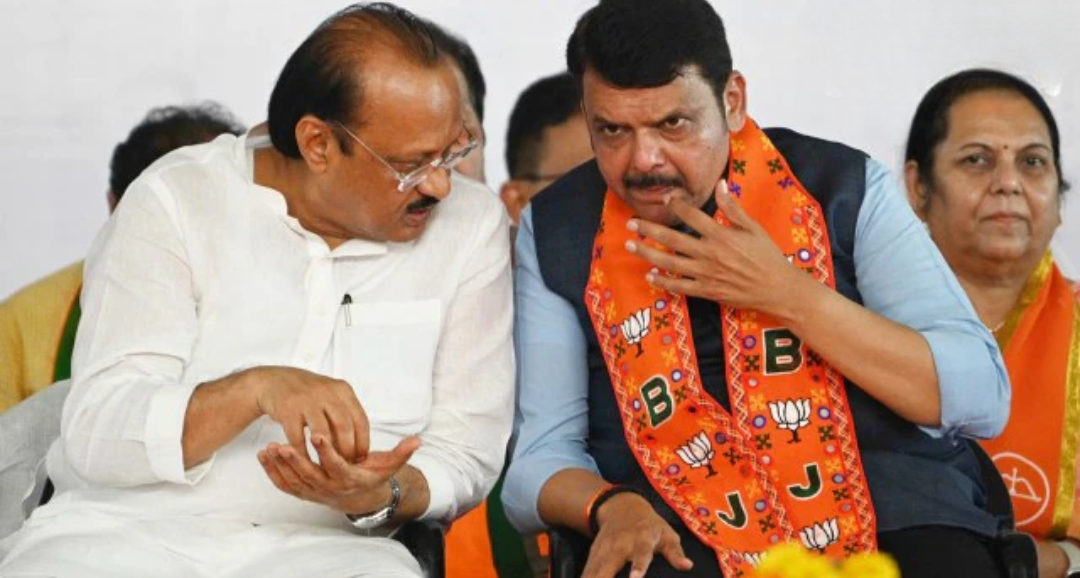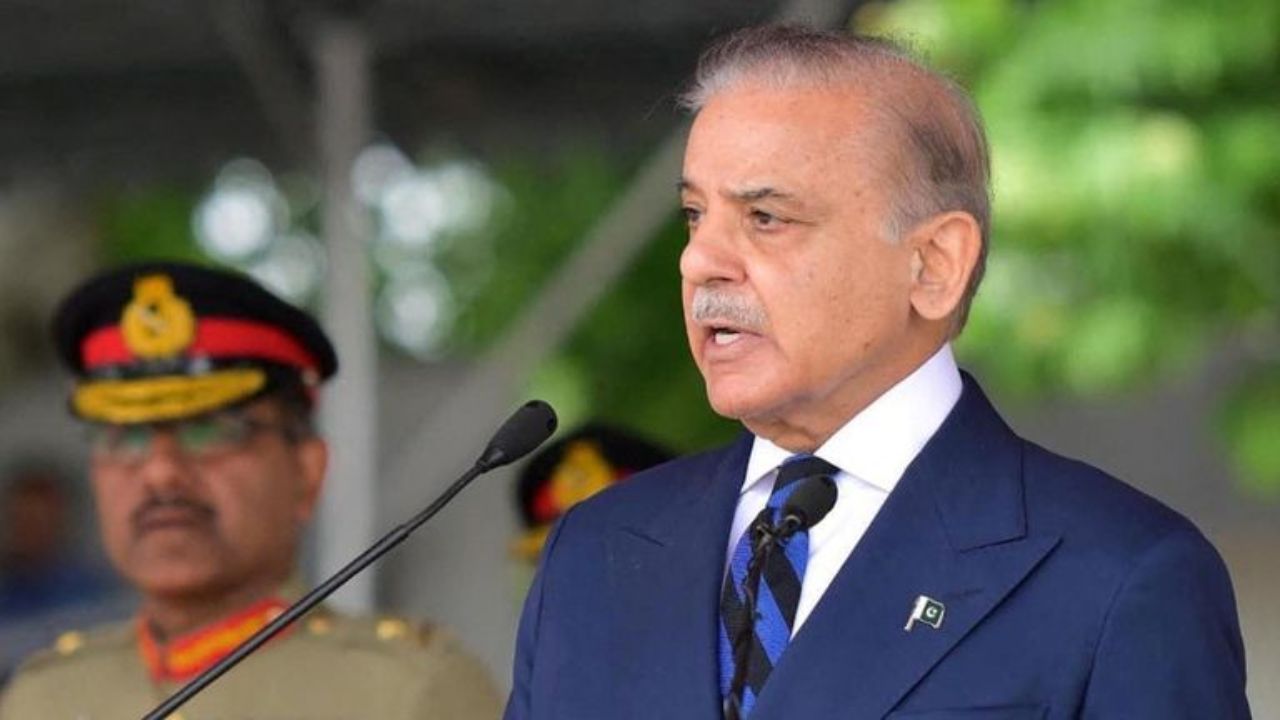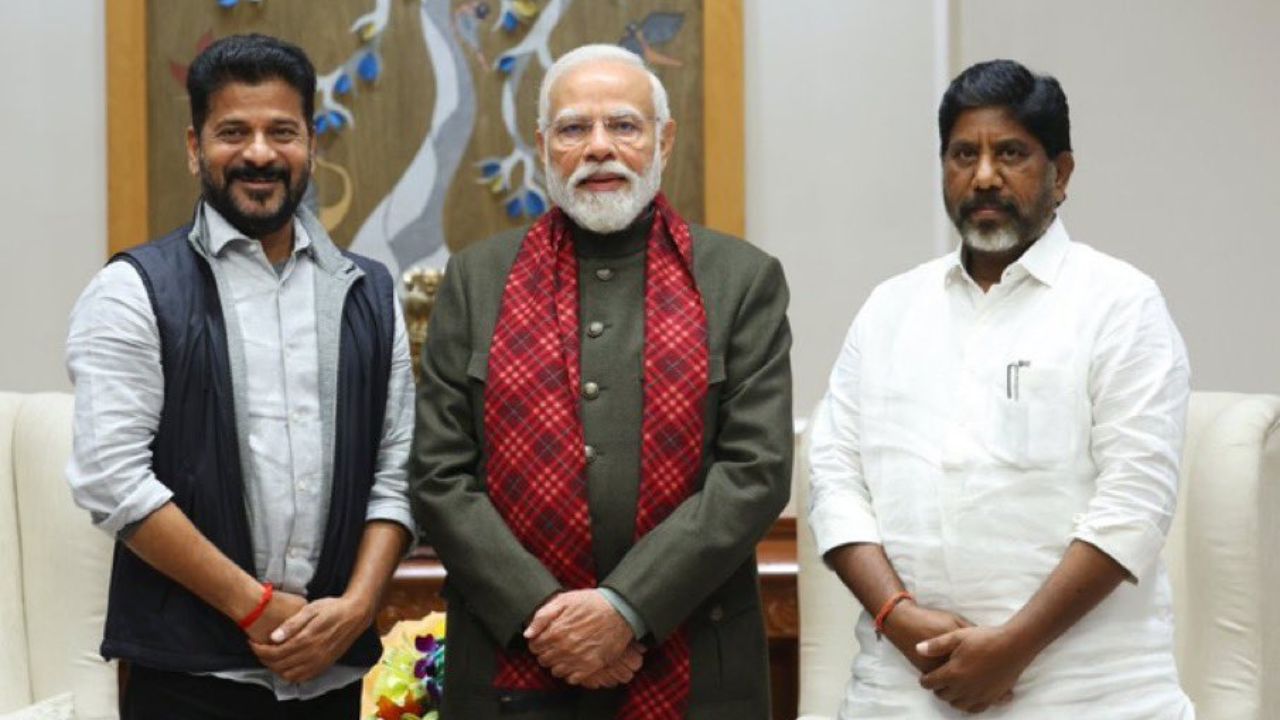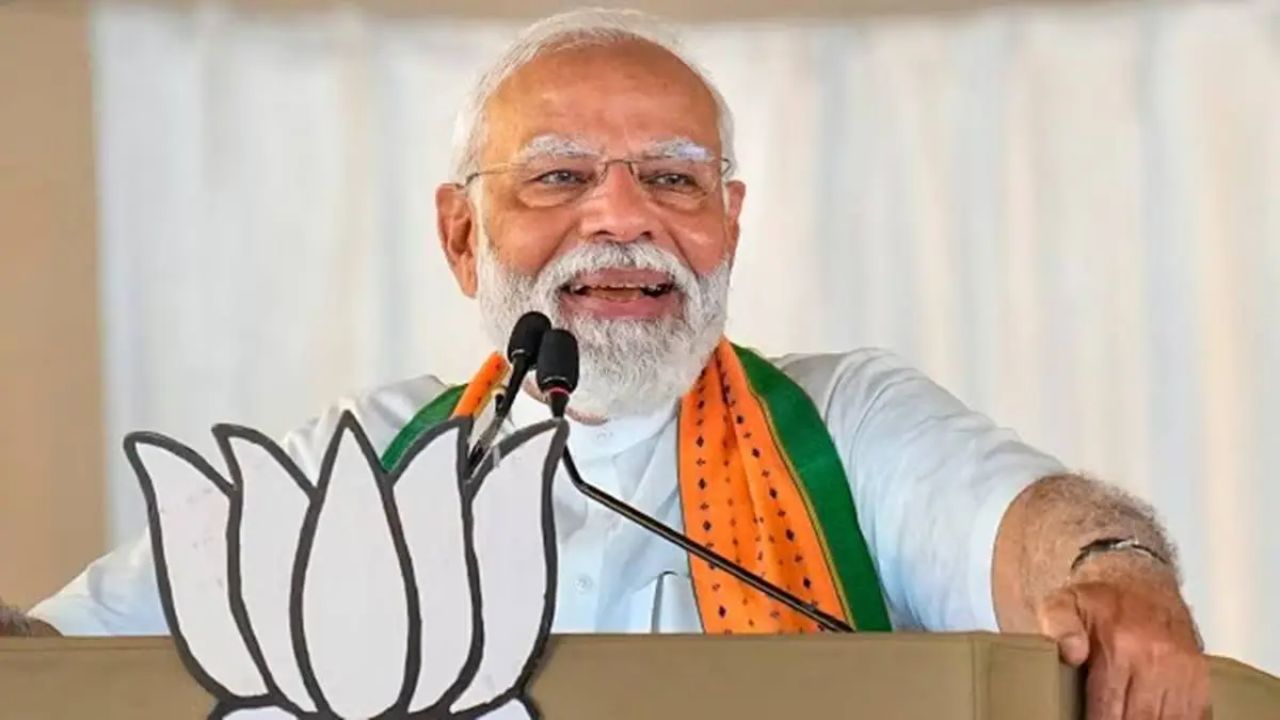RSS-Linked Weekly Blames BJP’s Poor Maharashtra Lok Sabha Performance on NCP Alliance
Weeks after an article in the RSS-linked magazine Organiser called the Lok Sabha poll results a “reality check for overconfident” BJP leaders and workers, a Sangh-affiliated Marathi weekly has attributed the Maharashtra BJP’s poor performance

Weeks after an article in the RSS-linked magazine Organiser called the Lok Sabha poll results a “reality check for overconfident” BJP leaders and workers, a Sangh-affiliated Marathi weekly has attributed the Maharashtra BJP’s poor performance in the polls to its alliance with the Ajit Pawar-led NCP and a lack of communication between the party, its workers, and the NDA government in the state.
“Every (BJP) worker, while narrating the unease and reasons for failure in the Lok Sabha polls (in Maharashtra), starts with the alliance with the NCP. It is clear that the workers of the BJP have not liked joining hands with the NCP. Even the BJP leaders know this,” the cover story titled “Karyakarta khachlela nahi, tar sambhramat (Worker is not discouraged, but confused)” in the latest issue of “Vivek” weekly stated.
The BJP, which contested the Lok Sabha elections in the state (48 seats) in alliance with the NCP and the Chief Minister Eknath Shinde-led Shiv Sena, could win only nine seats out of the 28 it contested – down from the 23 seats it had won in the 2019 polls. The Shinde Sena and the NCP won seven and one seat out of the 15 and four they contested, respectively.
The Vivek article went on to say that the BJP’s alliance with the Sena was Hindutva-based and thus “natural.” “Despite a few hiccups, the decades-old BJP-Sena alliance is considered natural. But there was resentment with the NCP coming on board. The Lok Sabha results only added to this resentment. Parties and leaders make their calculations but what if they go wrong? This question needs to be answered,” the piece said, adding that this was only the tip of the iceberg.
The article claimed that the BJP is the only party that follows the natural process of making leaders out of workers, but party workers now feel this process has been undermined. “Ground-level party posts are meant to be used for the growth of the party. It is important that the party introspects on who it is giving these posts to – original party workers or those who have come from outside,” it said.
The article also questioned whether the BJP’s narratives of anti-Emergency struggle and sacrifices during the Ram Temple movement would resonate with young voters in the state Assembly elections slated for October this year.
Since the Lok Sabha poll results, which saw the BJP fail to secure a majority on its own, a host of RSS leaders, including its chief Mohan Bhagwat, have been “analyzing” the party’s shortcomings. Some leaders have publicly stated that the RSS’s job was just to “shape public opinion” and that the organization was not “involved” in the elections.
While Bhagwat said that a true sevak does not have “ahankar (arrogance),” senior RSS functionary Indresh Kumar said Lord Ram limited those with “ahankar” to just “241 seats” and those who opposed the Hindu deity were “stopped at 234,” referring to the BJP and the Opposition INDIA bloc, respectively.
In the Organiser piece, lifelong RSS member Ratan Sharda wrote: “The false ego that only BJP leaders understand realpolitik and RSS cousins were village bumpkins is smirk worthy.”
The Vivek article said that many BJP workers with a Hindutva ideology, who come from various sections of society and have achieved success, not only seek posts but want their “voices to be heard.” “People have not got satisfactory answers to issues concerning Hindutva, governance, industry, business, economy, education and employment. The literate middle class from all castes is today’s reality and BJP received tremendous support from them in 2014 and 2019. It is a worrying fact if this section is uncomfortable,” it stated.
Citing the example of Madhya Pradesh, where the BJP won all 29 Lok Sabha seats, the article said that the coordination between the party-led government, workers, and beneficiaries was “excellent” there. “Here (in Maharashtra), the government, workers and those working with organizations with identical ideologies and the intellectual class have no coordination among themselves. This is extremely dangerous for the future. Unless this picture changes and the (party) worker is brought to the center stage, the restlessness in the state will not change,” it added.




